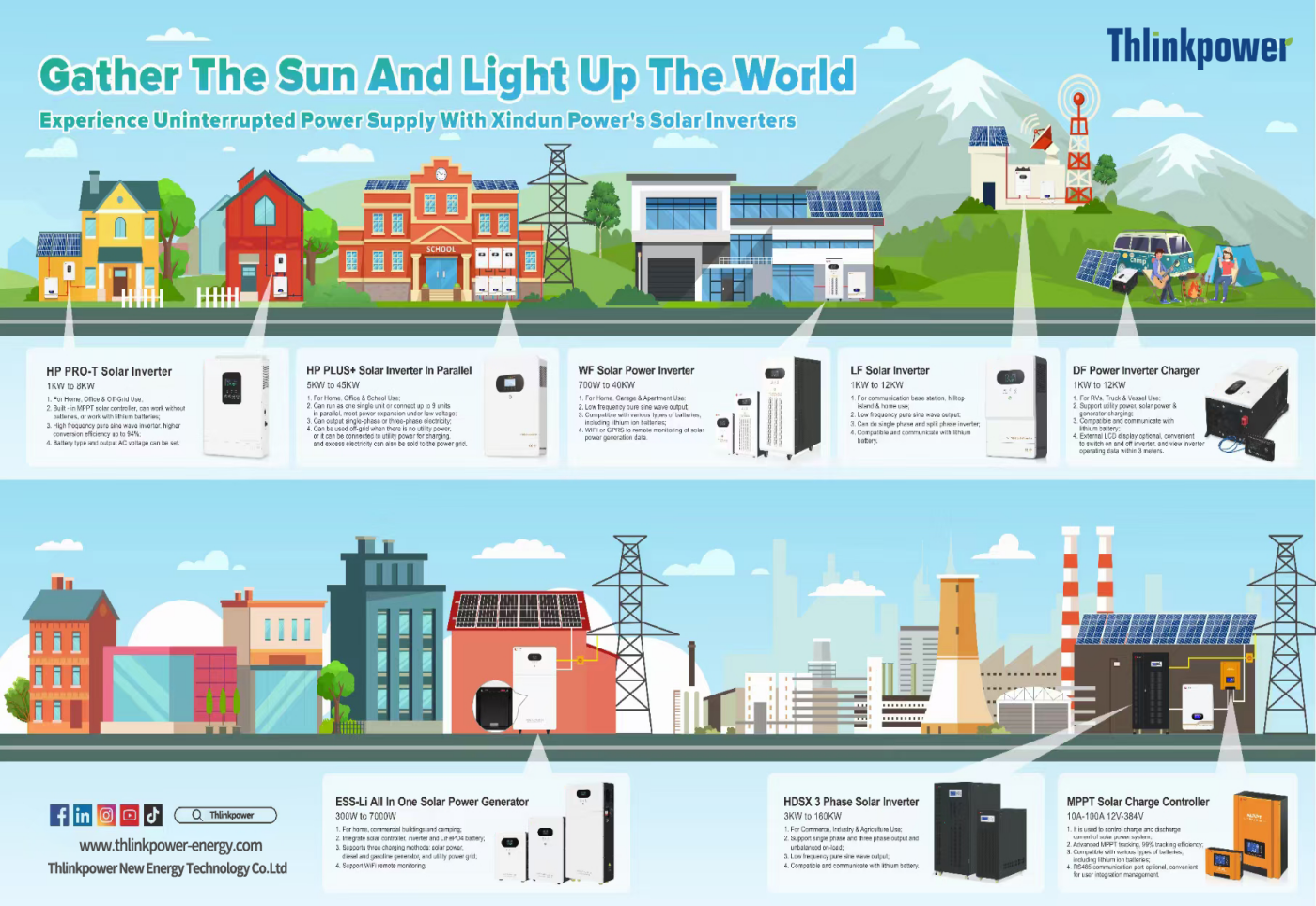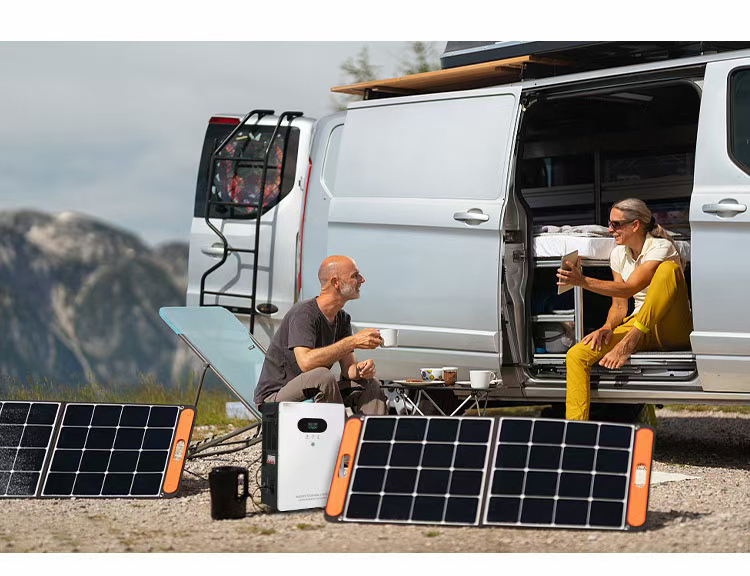- All
- Product Name
- Product Keyword
- Product Model
- Product Summary
- Product Description
- Multi Field Search
Views: 7 Author: Site Editor Publish Time: 2025-10-15 Origin: Site








Energy storage systems (ESS) have become indispensable in enhancing the performance and efficiency of solar power systems, particularly for commercial applications. As businesses strive for greater sustainability and reduced operational costs, integrating energy storage with solar power is a strategic move that can unlock significant long-term benefits. In this article, we will explore how energy storage maximizes solar power efficiency for commercial enterprises and why it is a game-changer for the renewable energy sector.


Solar power generation is dependent on sunlight, which fluctuates throughout the day. This intermittency means that businesses often produce excess energy during peak sunlight hours, but they may not always be able to use it immediately. An energy storage system, typically in the form of lithium-ion batteries, allows excess solar energy to be stored for later use, providing a steady and reliable power supply even when sunlight is not available.
Energy Independence: Businesses can reduce their dependence on the grid by storing excess solar energy, leading to greater energy security and resilience.
Cost Savings: Stored energy can be used during peak demand times, reducing reliance on grid electricity and taking advantage of time-of-use tariffs.
Grid Support: Businesses can offer stored energy back to the grid, providing services like frequency regulation and demand response, which can generate additional revenue streams.
Without energy storage, businesses may waste excess solar energy produced during the day. Energy storage ensures that all produced solar energy is either consumed on-site or stored for later use, thereby optimizing the solar system’s self-consumption rate. This allows businesses to fully capitalize on their solar investment by reducing the amount of energy they need to purchase from the grid.
Peak demand charges are a significant part of electricity bills for commercial entities, especially those with high energy consumption during peak hours. By utilizing stored solar energy during these peak times, businesses can avoid costly electricity rates, leading to substantial savings.
Energy storage systems can help businesses become "prosumers"—consumers who also produce and store energy. By integrating ESS with solar power, businesses can play a role in stabilizing the grid by offering stored energy during periods of high demand. This creates a more stable and reliable energy environment for both businesses and the broader grid.
Recent advancements in energy storage technologies have greatly improved the efficiency, lifespan, and affordability of ESS for solar applications. The development of high-density lithium-ion batteries, advanced battery management systems (BMS), and integrated smart grid technologies has made energy storage more accessible and scalable for commercial businesses.
Lithium-Ion Batteries: High efficiency, long lifespan, and quick charging capabilities make them ideal for large-scale solar systems.
Smart Inverters: Advanced inverters that optimize energy conversion and storage, ensuring minimal energy loss.
Hybrid Systems: The combination of energy storage and solar inverters allows businesses to manage their energy generation and consumption more efficiently.
Several businesses worldwide have already seen the benefits of integrating energy storage with solar power systems. For instance, commercial warehouses and manufacturing plants have adopted these solutions to lower operational costs and achieve sustainability targets.
Retail Industry: A chain of supermarkets in California installed an integrated solar and energy storage system, allowing them to reduce their electricity bills by 40% while contributing to grid stability. The system stores excess energy during the day and releases it during the evening, helping to avoid peak demand charges and ensure energy reliability.
Investing in energy storage not only enhances solar efficiency but also provides financial incentives. Many governments around the world offer tax credits, grants, and subsidies to businesses adopting renewable energy solutions. The combination of solar power and energy storage can yield a rapid return on investment (ROI) and lower the total cost of ownership of solar systems.
As energy storage technology continues to evolve, the integration of solar power and ESS is expected to become even more streamlined and cost-effective. The shift toward sustainable energy solutions, coupled with the increasing affordability of solar and storage systems, makes it an ideal solution for businesses aiming to reduce their carbon footprint while improving their bottom line.
Businesses that adopt these technologies early will position themselves as leaders in the green energy transition and gain a competitive advantage in the marketplace.

Energy storage plays a critical role in maximizing the efficiency of solar power systems, especially for commercial applications. By enhancing self-consumption, reducing peak demand charges, and supporting grid stability, businesses can reap both financial and environmental benefits. As energy storage technology continues to improve, commercial enterprises will have more opportunities to leverage solar energy for sustainable growth.
At Thlinkpower, we offer cutting-edge energy storage and solar solutions that help businesses optimize their energy consumption and reduce costs. Our range of solar inverters, energy storage systems, and hybrid solutions are designed to maximize efficiency, enhance reliability, and ensure long-term performance.
Whether you're looking to install a new solar system or integrate energy storage into your existing setup, Thlinkpower provides the technology and expertise you need to take your business to the next level. Explore our innovative products and discover how we can help you achieve energy independence and cost savings.
For more information, visit our Youtube at Thlinkpower Energy.